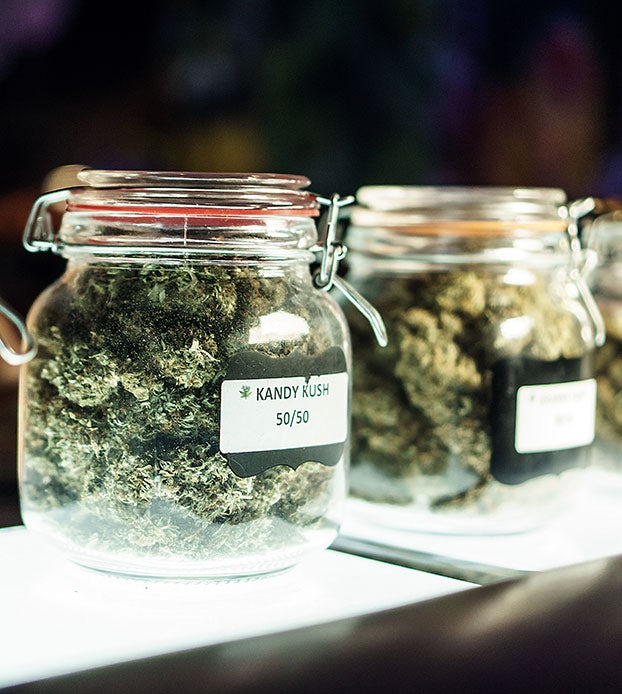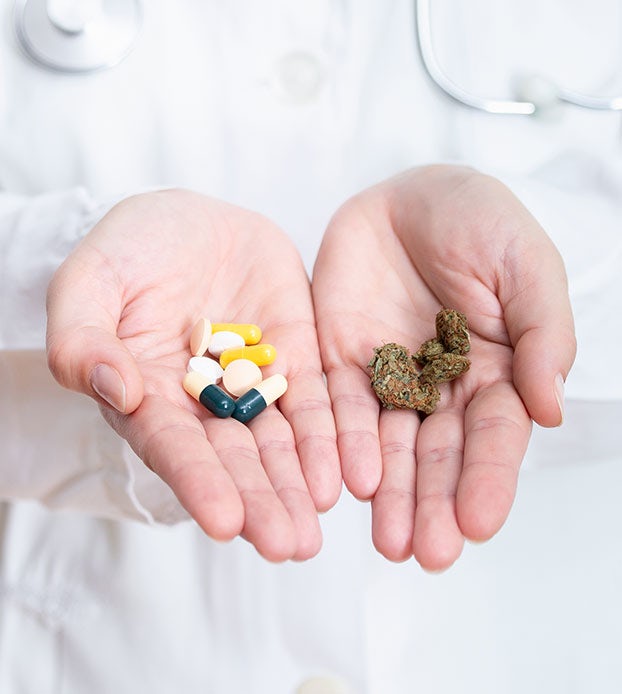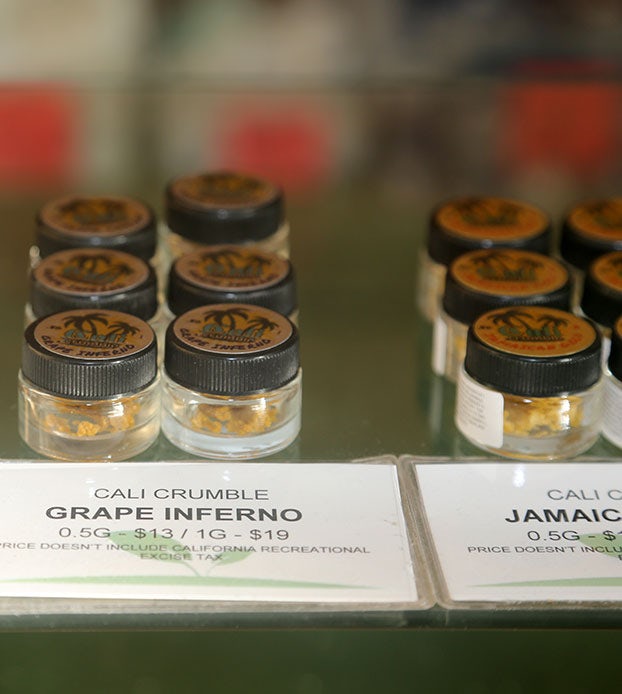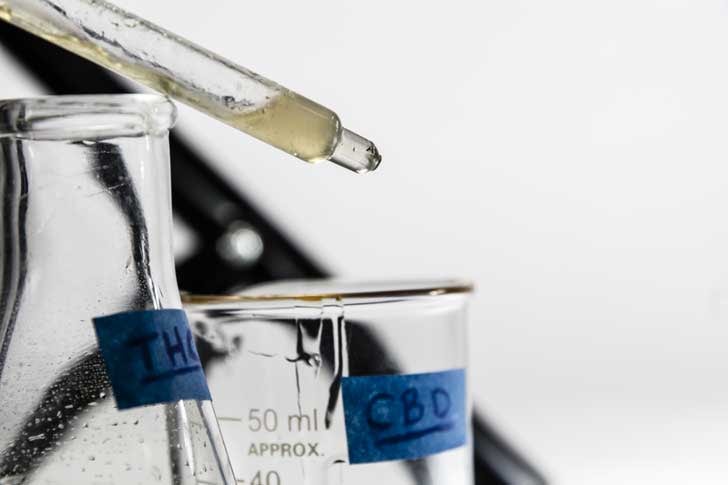Many people tried cannabis once or twice when they were in their younger days and then took a long hiatus after they had kids, a career, and a mortgage. Countless others never tried cannabis to begin with. And while you may picture the stereotypical “pothead” when you think of cannabis, it actually has benefits for people of all ages, including and perhaps especially seniors.
With legalization and greater social acceptance, what was once a taboo and illegal substance is now gaining much greater popularity — including among seniors. Now, a lot has changed in the world of cannabis since it probably first crossed your path (or somewhere nearby), so we’ve put together this simple guide to let you know what to expect, and to give some of your fears a rest.
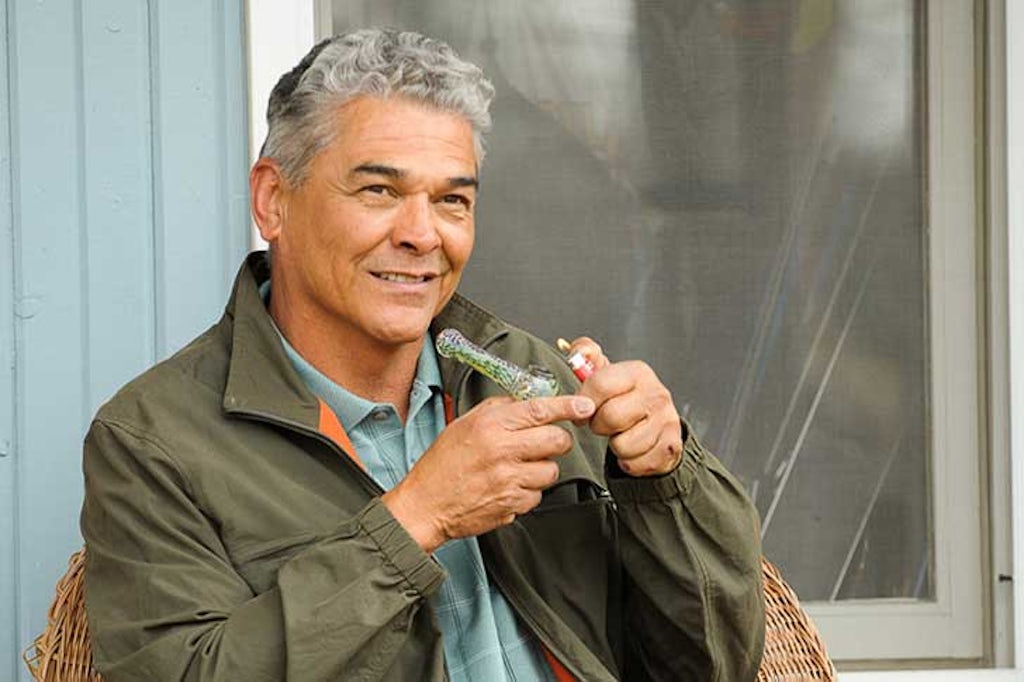
1. You don’t have to smoke anything
The iconic image of cannabis use is somebody smoking a joint, and it’s probably the one that you’re most familiar with. And while smoking does have its health risks, the good news is — you don’t have to smoke anything to use cannabis these days.
There are more than enough alternatives to smoking cannabis, and all of them can be highly effective. One easy method is to try an edible, like a THC-infused gummy or cookie. This is a painless and effective intake method that doesn’t require any smoking, though you’ll want to start low and go slow until you figure out which dose works best for you.
Topical applications are popular for relieving joint pain and other aches. Tinctures and oil drops are also popular — for everything from sleep to pain relief and even just enjoyment.
2. It can relieve pain
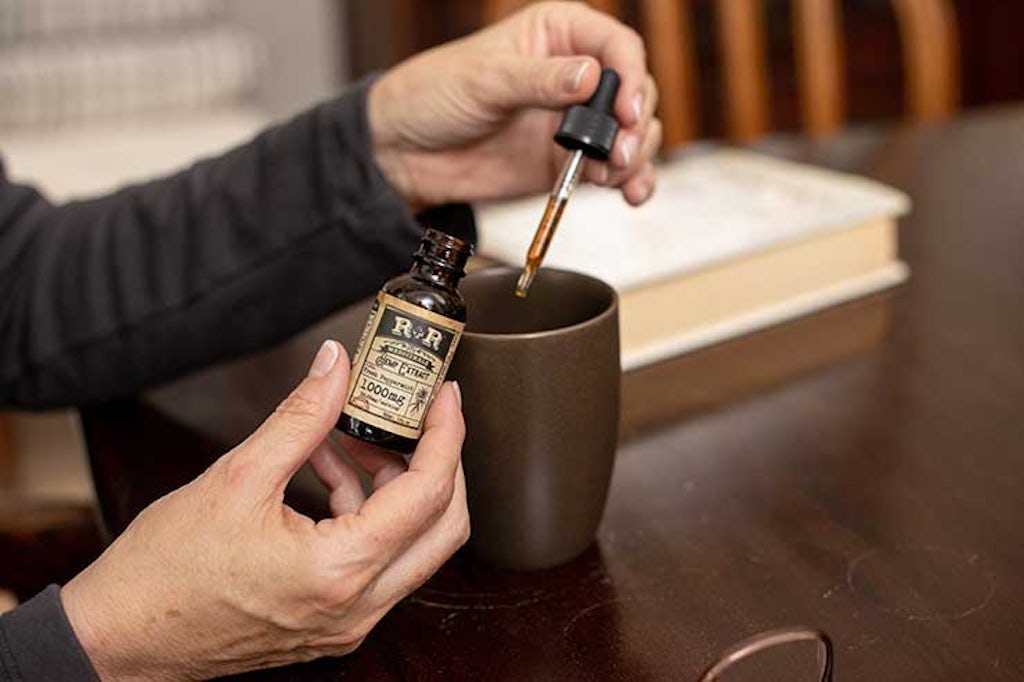
Chronic pain is the leading reason patients receive medical marijuana in the United States, and considering the unavoidable aches that accompany growing older, many seniors are turning to cannabis for some relief. Cannabis can be an effective treatment for many different types of pain, including neuropathic pain, arthritis, migraines, and fibromyalgia. There is also a growing body of evidence that cannabis can help with inflammation.
For instance, one review of more than two dozen scientific studies found that “there was moderate-quality evidence to support the use of cannabinoids for the treatment of chronic pain,” while a 2016 study found that the use of medicinal cannabis “resulted in improved pain and functional outcomes, and a significant reduction in opioid use.”
In addition, there is a wide variety of delivery methods you can use to treat pain with cannabis, and it can even be effective in a small dose, so you don’t need to worry about getting “high.”
3. It’s unlikely to cause cognitive decline

Many people worry about the cognitive effects of cannabis, especially as they get older. Research has found however that there may be little risk of this. In fact, one study actually found “strong evidence that medical marijuana treatment may normalize brain activity.” In addition, a comprehensive review carried out in May of this year asserted that the limited evidence we do have on this suggests that “[cannabis] use in older ages may not be linked with poorer cognitive performance.”
In other words, while there isn’t enough evidence to suggest that cannabis use poses zero cognitive risk for seniors — or that it could help improve their cognitive function, for that matter — research has shown that the brain-addled pot smoker stereotype is just that, a stereotype that isn’t borne out by science.
And while there is a growing body of research showing that cannabis use during adolescence can lead to reduced cognitive function and IQ later in life, there is also evidence that it has no such effect. Recent studies, including one that followed hundreds of pairs of twins for decades, found that there was no difference in cognitive functioning between those who used cannabis and those who did not.
4. You don’t have to get high
Today’s marijuana is quite stronger than it was a few decades ago, and you may be a bit put off by the prospect of getting “stoned” or a case of “the munchies.”
Luckily, you don’t have to get stoned in order to enjoy the benefits of marijuana.
“Microdosing” cannabis is growing in popularity as of late, and it can be a great way to treat pain, nausea, and other ailments, without feeling intoxicated, or developing other side effects like anxiety. Microdosing entails just that — using a very small amount of cannabis — and it can be easily done through using small doses of a THC-dominant product, using a low-THC cultivar, or a wide variety of low- or no-THC products that are high in cannabidiol.
Cannabidiol, or CBD, is a cannabinoid that provides many of the health benefits of full-spectrum cannabis, without the psychotropic effect caused by THC. CBD can be taken in a variety of forms — from gummies to pills to topical solutions and tinctures. It can even reduce the psychotropic effects of THC and can be taken on its own to treat a variety of conditions including anxiety and depression.
It can also be used to relieve pain, inflammation, and ease nausea and vomiting, among other uses. The bottom line: CBD is a sound way to get medical benefits from cannabis without the “high” most people associate with the plant.
5. Cannabis can help you sleep better
Cannabis has grown in popularity in recent years as a sleep aid — and for good reason. A 2010 study found that cannabis use led to “significant improvements” in sleep. A study carried out in 2014 found that cannabis improved sleep for “a meaningful proportion” of those patients who had treatment-resistant sleep problems.
One thing to keep in mind about using cannabis for sleep though, is it can inhibit REM sleep, and a common experience many people have with cannabis is that they dream less, or remember their dreams significantly less than before.
But while healthy REM sleep is important, what’s often more important is that patients are able to sleep at all. So if marijuana can help your grandparents get some shut eye, that can be a major improvement to their quality of life.
6. Cannabis is fun
This probably shouldn’t come as a surprise, but it turns out that cannabis is popular for a reason — people find it really fun. This is because it can cause euphoria and laughter and make food, music, movies, even physical intimacy more enjoyable. And for couples, it can be a fun thing they do together that brings them closer. You might even enjoy trying it with your adult children or grandchildren.
You may be a bit wary of trying out cannabis, after all, you made it this far without it, why start now? That’s understandable, but the fact is that there are more than enough ways that cannabis can improve your life and even your health. Mainly though, it’s harmless, and worse case you don’t like it — side effects are mostly mild.
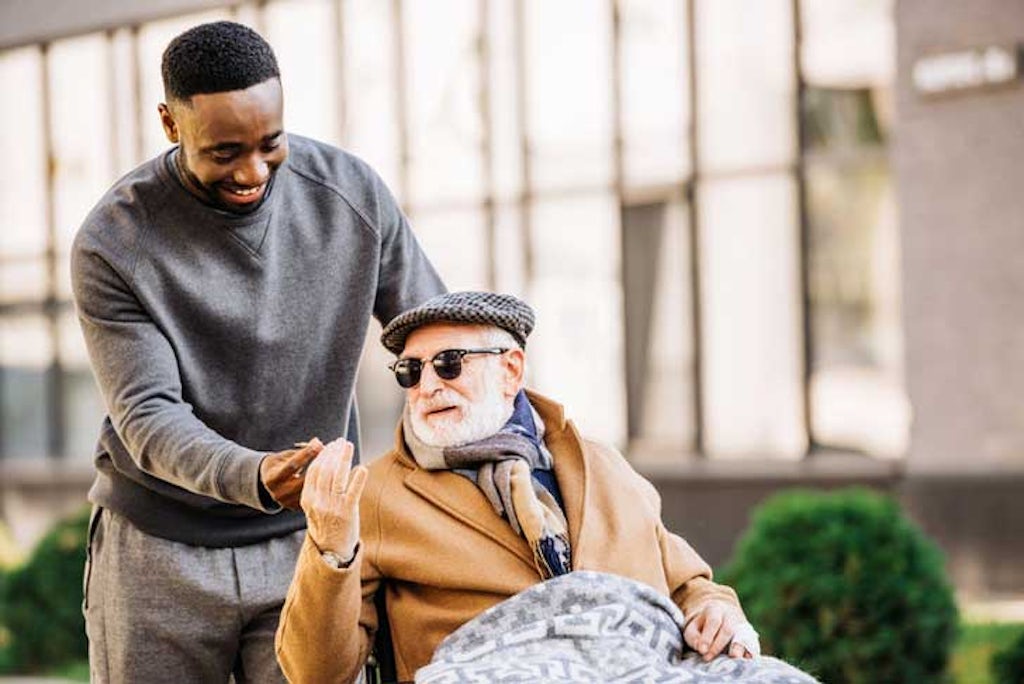
Also, you’ll by no means be alone.
According to a recent survey, 80% of adults over the age of 55 said that while they have not used cannabis or cannabis-derived products in the past year, they would be interested in trying them.
The survey also found that the 55-64 age group believe more than any other age group that cannabis should be legalized. Another study from February found that marijuana legalization has contributed to a 75% increase in cannabis use among Americans over the age of 65.
In other words, a lot of people your age are giving cannabis a try (or revisiting it after decades of hiatus) and finding that they understand a little better what all the fuss is about.
It’s never too late to learn about cannabis, and with the Cannigma Medical, it’s never been easier to sign up for your own license. Come see how.
Sign up for bi-weekly updates, packed full of cannabis education, recipes, and tips. Your inbox will love it.

 Shop
Shop Support
Support
